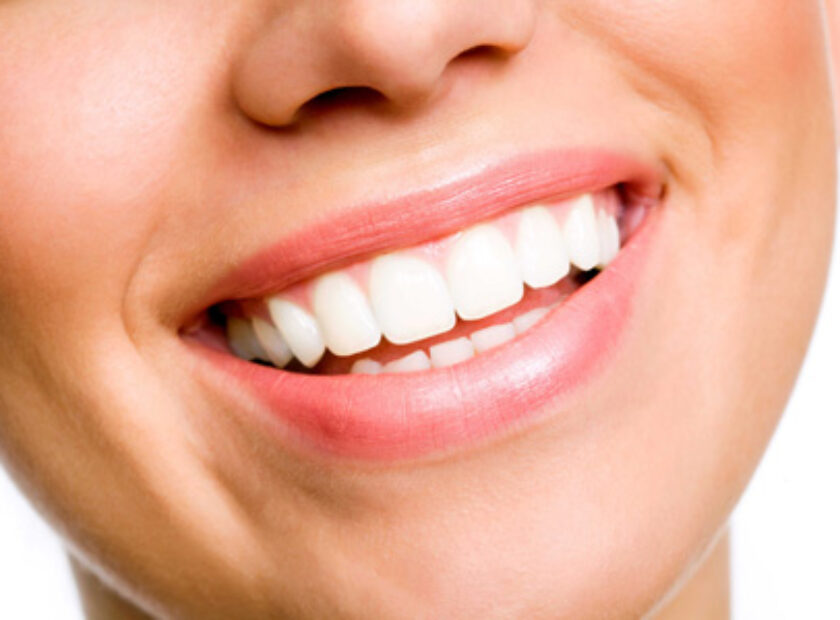
Partial Denture Options for Replacing Missing Teeth
Partial dentures are affordable dental solutions to fill gaps in the teeth. They come in two types, removable and fixed, and have several advantages, such as improved speech, bite, and smile aesthetics.
Partials are artificial teeth that replace missing teeth in the upper or lower jaw. Partial dentures fill gaps caused by missing teeth and are a popular choice for those looking for an affordable and natural-looking solution.
Partial dentures are custom-fitted to a patient’s mouth and can be permanently removed or fixed. Even full dentures are available to replace an entire set of missing teeth. Both partial and full dentures require proper care and maintenance to ensure longevity.
Generally, doctors in Dubai maintain proper hygiene to prolong their lifespan and clean partial dentures daily by soaking them in a cleaning solution and handling them gently to prevent breakage.
Dentures can also be regularly evaluated by a dentist in Dubai for any necessary adjustments or repairs.
Perks of partial denture
Partial dentures are a cost-effective and non-invasive option for replacing missing teeth, particularly for people with multiple missing teeth. They are less expensive than other tooth replacement treatments and are suitable for replacing one or a few teeth.
Removable partial dentures are a viable alternative for people who cannot afford expensive treatments like implants or bridges. They restore a person’s ability to chew and speak properly, improving their quality of life and oral health.
However, patients must take good care of their dentures and regularly visit their dentist centre for adjustments and maintenance. Partials are better than complete denture sets if natural teeth can be retained. Full lower dentures are hard for most people to adapt to because they are removable.
Partial dentures can aid in preserving the health of remaining teeth by preventing them from shifting and becoming weak. Overusing one side of the mouth can lead to wear and injury, which can be prevented with partial dentures. These dentures can evenly distribute chewing force and maintain teeth’ natural placement, ultimately promoting oral health.
Care in partial dentures
Doing it over a folded towel or in a sink of water while cleaning the partial denture in case it’s dropped is always recommended. Toothpaste is also too abrasive for dentures, so it’s best to use products recommended by your dentist. They can go over the options for cleaning and which products to use. Taking care of your dentures is important for maintaining longevity and preventing oral health issues.
Using home cleansers to clean dentures is not recommended, as they are too abrasive. Daily brushing of the denture to remove food deposits and plaque is a better option as it helps to prevent permanent staining.
Soaking them overnight in a saturated solution or water is necessary, with a proper rinse before use, which can only be possible in some of the best dental clinics. Failure to keep dentures moist can cause dentures to lose their shape.
Using a denture-specific brush or a soft-bristled toothbrush, clean your dentures while rinsing them to remove any food particles. Apply denture cleanser to the wet brush, being careful to avoid using hot water, which can warp the dentures. Use a gentle but thorough scrubbing technique to clean all surfaces of the dentures.
Rinse your dentures with lukewarm water and store them in a clean, dry place when not in use. Avoid using abrasive cleaners or bleach on your dentures, as these can damage them.
Attachment in partial denture
Partial dentures are fitted by dentists using two methods: clasps or precision attachments. Clasps are metal clasps that wrap around neighbouring teeth to hold the denture in place. Precision attachments, however, are hidden, allowing the denture to lock onto the existing teeth for a more natural appearance. The choice of which method to use will depend on factors such as the patient’s oral health, the extent of tooth loss, and their personal preferences.
Clasps for partial dentures are commonly made from metal and cover at least half of adjacent teeth. However, they may be visible when you smile. Precision attachments connect to existing teeth or dental implants and are more discreet and customized to fit. They usually consist of two parts and, when combined, hold the denture securely in place while being inconspicuous.
Precision attachments are recommended for individuals who want a more natural look and feel and a secure hold on their partial dentures.
Partial dentures cost
Partial dentures can differ in price, depending on various factors, such as the materials employed, number of teeth replaced, location in the mouth, and creative method of the dentures. Prior dental treatment may also be necessary, and adjustments may be required after receiving the partial dentures.
Partial denture costs may be partially covered by dental insurance plans, depending on the type of plan. The insurance company’s “Explanation of Benefits” for therapeutic services should be consulted to see what percentage of costs will be covered. Some plans may pay a flat rate or 50% of the total cost of the partial denture.
Conclusion
Partial dentures are designed to replace a few missing teeth rather than an entire set of upper or lower teeth. It is essential to have healthy teeth in both the upper and lower regions of the mouth to obtain partial dentures. These dentures are available in different styles, including metal with an acrylic base, flexible, and all-acrylic.
Partial dentures provide numerous benefits, such as aesthetic enhancement, better speech and improved chewing ability, preventing the remaining teeth from shifting and supporting facial muscles. In case you would like to book a consultation related to getting dentures, get in contact with AMDC clinic today.






